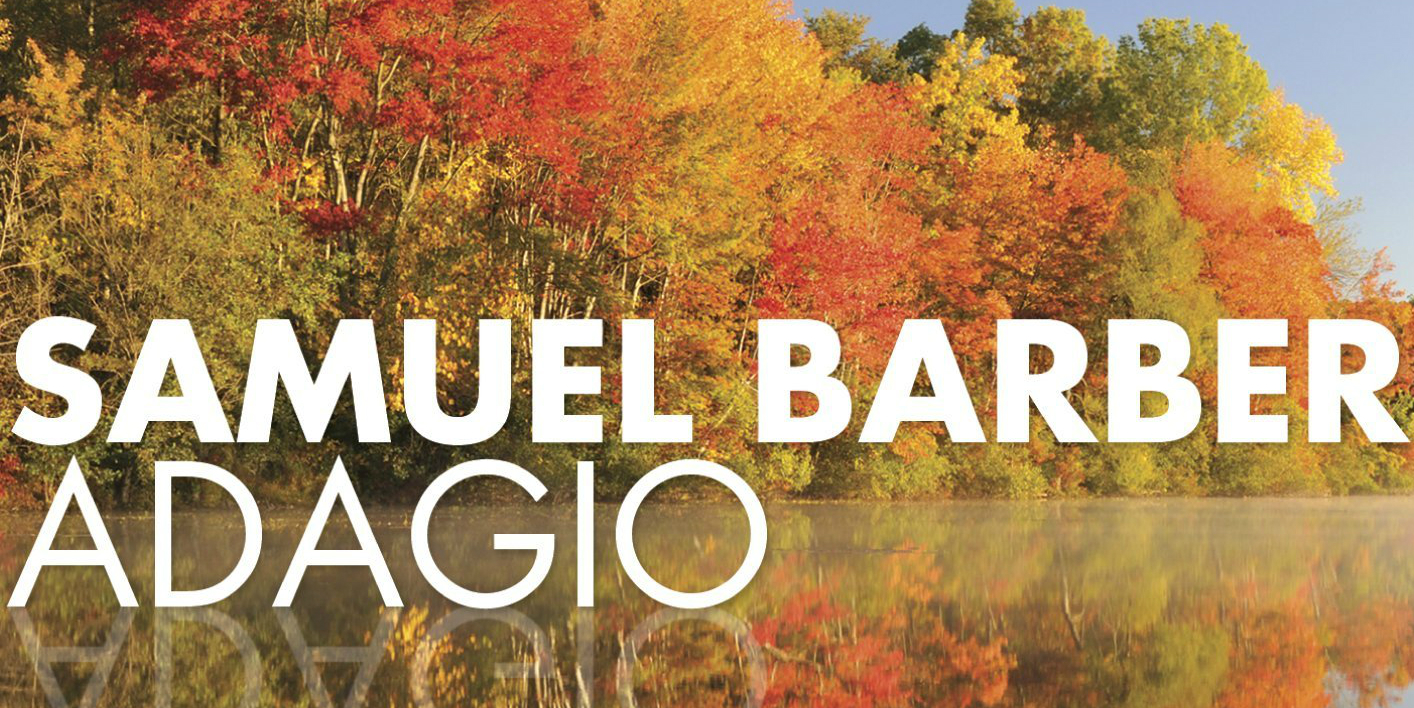
The Impact of Barber’s ‘Adagio for Strings’
In November 1938, conductor Arturo Toscanini led the NBC Symphony Orchestra in the premiere performance of Samuel Barber‘s “Adagio for Strings.” The concert was broadcast from New York to a […]
 play_arrow
play_arrow
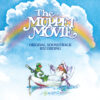 play_arrow
play_arrow
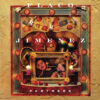 play_arrow
play_arrow
The Sounds of America: Flaco Jiménez’s Partners album BMPAudio
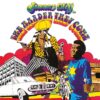 play_arrow
play_arrow
The Sounds of America: The Harder They Come Soundtrack BMPAudio
 play_arrow
play_arrow
 play_arrow
play_arrow
 play_arrow
play_arrow
 play_arrow
play_arrow
 play_arrow
play_arrow
 play_arrow
play_arrow
Science Of Happiness 76: If You Want to Be More Productive, Cut Yourself Some Slack BMPAudio
 play_arrow
play_arrow
 play_arrow
play_arrow
 play_arrow
play_arrow
Science of Happiness 73: How to Switch Off Your Critics BMPAudio
 play_arrow
play_arrow
 play_arrow
play_arrow
Science of Happiness 72: How To Reconnect With Your Partner BMPAudio
 play_arrow
play_arrow
The Science of Happiness 71: Do You Want To Be More Patient? BMPAudio
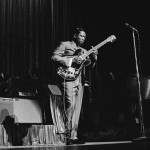 play_arrow
play_arrow
Red, White and the Blues BMPAudio
 play_arrow
play_arrow
The Science Of Happiness 70: How To Love People You Don’t Like BMPAudio
 play_arrow
play_arrow
The Science of Happiness 69: What’s Your “Why” In Life? BMPAudio
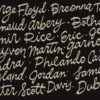 play_arrow
play_arrow
The Science of Happiness 68: From Othering to Belonging BMPAudio
 play_arrow
play_arrow
The Science of Happiness 67: Taking Small Steps toward Big Goals BMPAudio
 play_arrow
play_arrow
1A Memorial Day Special BMPAudio
 play_arrow
play_arrow
The Science of Happiness 66: How to Connect When You Must Stay Apart BMPAudio
 play_arrow
play_arrow
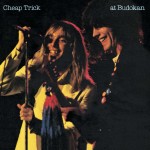 play_arrow
play_arrow
 play_arrow
play_arrow
The Science of Happiness 64: Helping Kids Think About the Good BMPAudio
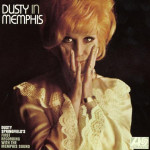 play_arrow
play_arrow
 play_arrow
play_arrow
The Science of Happiness 63: Remembering to Breathe BMPAudio
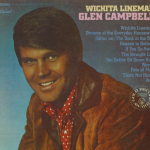 play_arrow
play_arrow
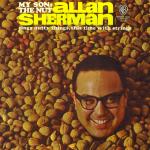 play_arrow
play_arrow
The Sounds of America: “Hello Muddah, Hello Fadduh” BMPAudio
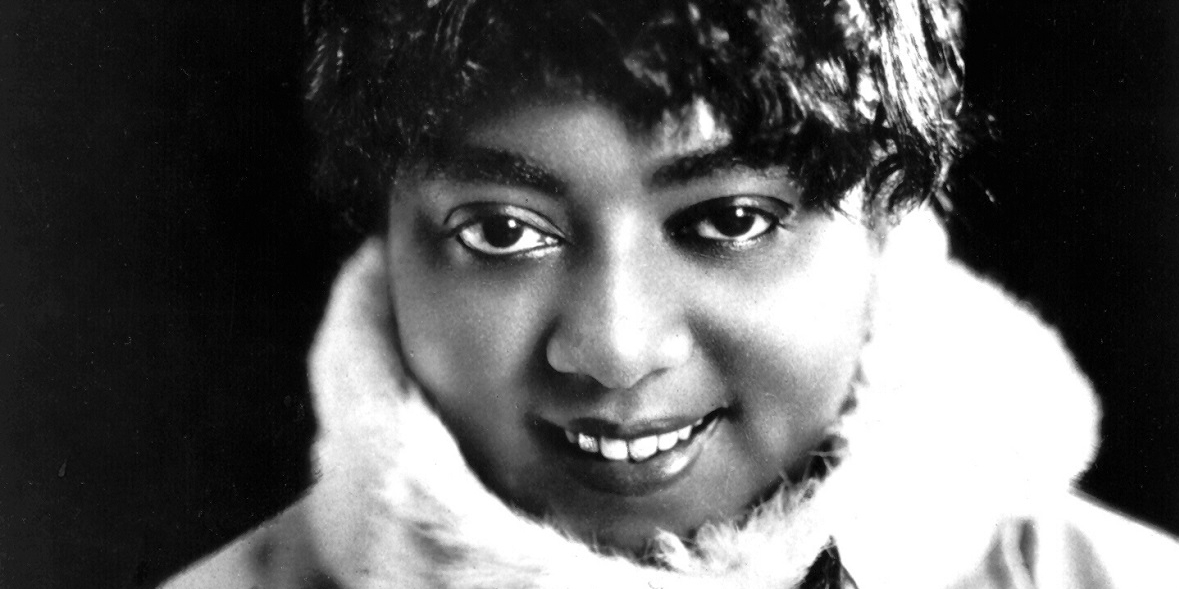
 play_arrow
play_arrow
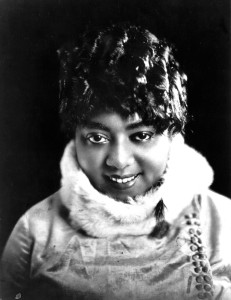 Mamie Smith was the first black vocalist to record the blues. The song was “Crazy Blues,” and it became a hit. But it happened almost by accident.
Mamie Smith was the first black vocalist to record the blues. The song was “Crazy Blues,” and it became a hit. But it happened almost by accident.
“In a sense it was happenstance that Mamie Smith acquired the opportunity to record ‘Crazy Blues,'” says Angela Davis, the ’60s activist who is now professor of history, consciousness and feminist studies at the University of California/Santa Cruz.
Until 1920, no black singer had been recorded doing a blues song. Sophie Tucker was scheduled for a recording session earlier in the year, but fell ill. Perry Bradford, who wrote “Crazy Blues,” persuaded Okeh Records to use Smith instead.
Smith was a versatile performer, but not a classic blues artist.
“At the age of 10, she was on the stage dancing,” says Michael Taft, who has the ungainly title of head of staff at the Archive of Folk Culture at the American Folklife Center at the Library of Congress. “She was a dancer and a singer and an actress. She performed in film in the ’30s and ’40s. She was an all-around entertainer.”
Bradford, the songwriter, “sold the concept to the record companies that black female vaudevillians could translate to blues and that there was money to be made,” says Lawrence Cohn, author of the 1996 book Nothing But the Blues: The Music and the Musicians.
And he was right about “Crazy Blues.” It sold 10,000 recordings the first week and 75,000 within a month.
“The recording of ‘Crazy Blues’ led the way for the professionalization of black music, for the black entertainment industry, and indeed for the immense popularity of black music today,” Davis says.
“There was a market there that had not been served,” Taft says. “Mamie Smith and her recording was like the opening shot. I think the black public was ready to start buying records, there was enough of a working class with money that were ready, willing and able to buy recordings that were coming out of their own culture.”
It’s hard to overstate the impact of the recording, which is a prime reason it was added to the National Recording Registry.
“We can’t conceive of modern popular American music without these early blues performers and songs,” Taft says. “And Mamie Smith was the first one to record this kind of music.”
“And now, of course, black music stands in for American musical culture,” Davis says. “Not only within the country, but all over the world.”
Tagged as: Angela Davis, Lawrence Cohn, Mamie Smith, Michael Taft, Perry Bradford.

BMPAudio November 20, 2006
In November 1938, conductor Arturo Toscanini led the NBC Symphony Orchestra in the premiere performance of Samuel Barber‘s “Adagio for Strings.” The concert was broadcast from New York to a […]
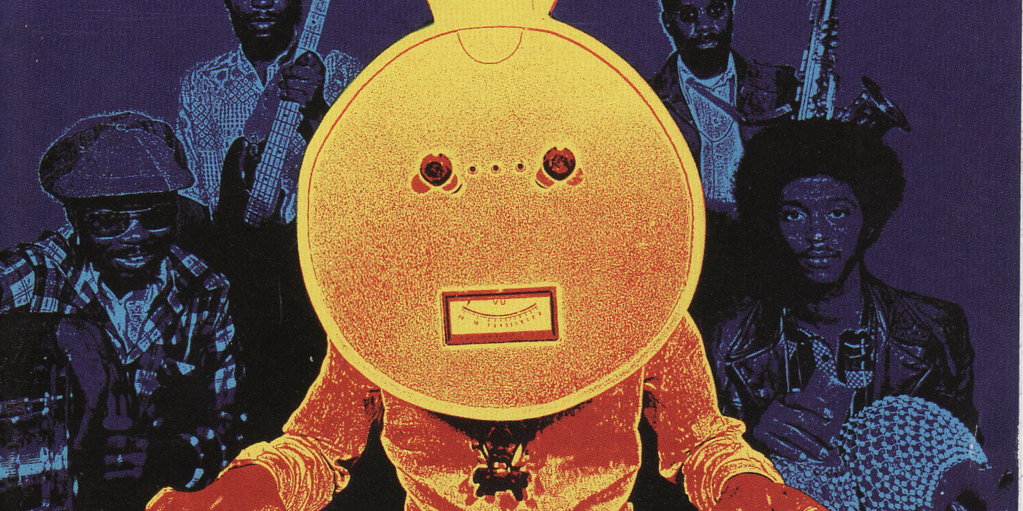

Whether a syndicated national radio series, podcast, documentary or audiobook, BMP Audio creates imaginative, sophisticated and effective sound tracks for your ideas. Our fully digital production facilities assure the highest level of audio fidelity. The world’s top broadcast companies know this – and that’s why they choose BMP Audio.